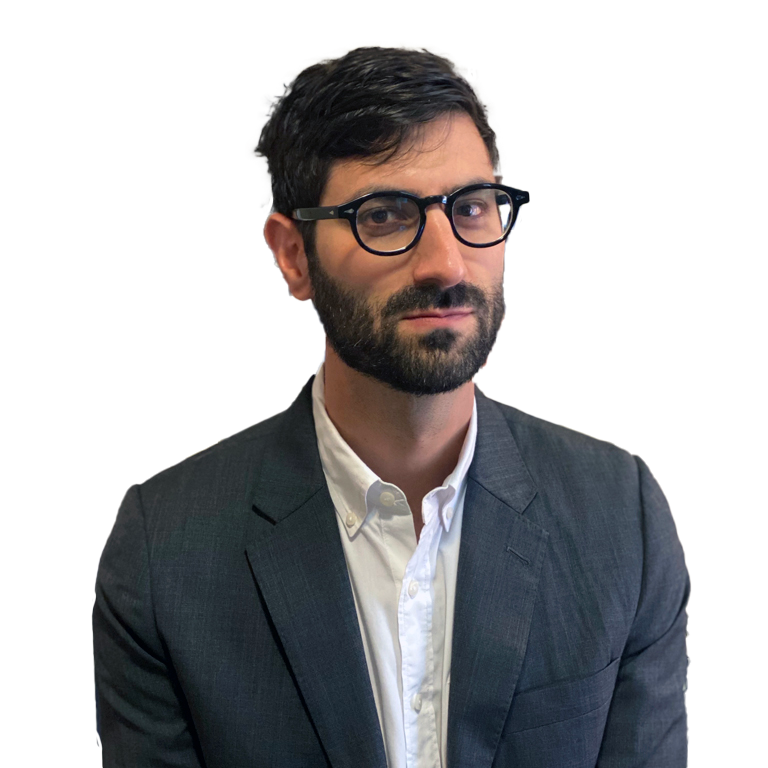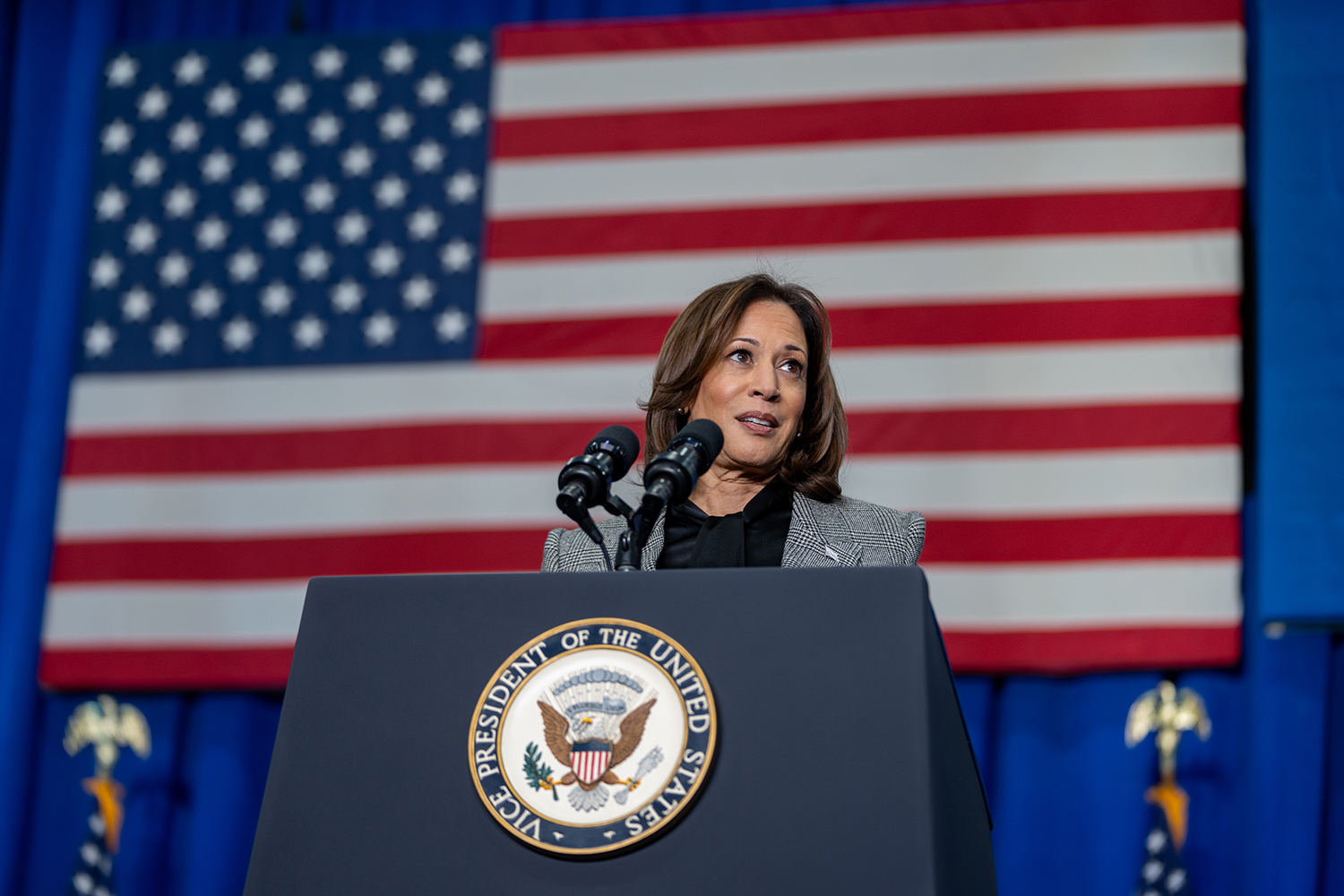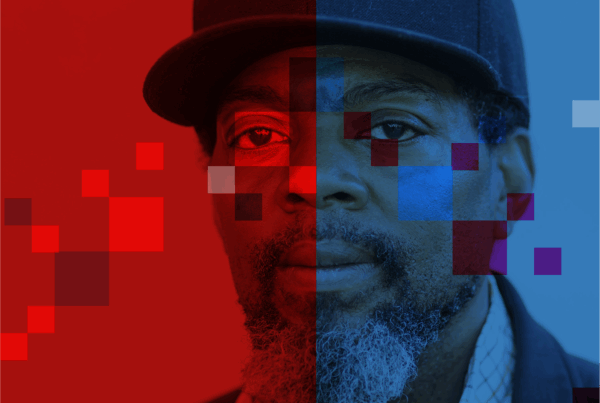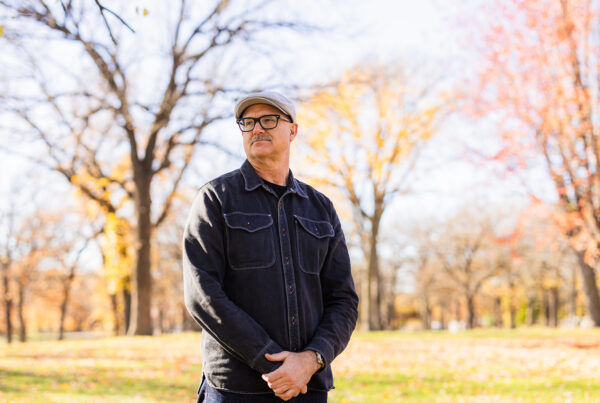In the wake of President Biden’s unprecedented decision to drop out about 100 days before the election, Vice President Kamala Harris, now the Democratic frontrunner, and charitable bail funds are once again the focus of the political misinformation machine. Harris’s past support for the Minnesota Freedom Fund – one of many charitable bail organizations in this country that seek to reduce the harms caused by our nation’s reliance on the cash bail system – has fueled regressive media chatter about criminal justice reform. Conservative news outlets have been publishing insidious headlines, and others are falsely claiming that Harris once supported “a bail fund for Minnesota criminals who should have stayed behind bars.”
Harris’s Tweet About Bail Funds
If you’re able to, chip in now to the @MNFreedomFund to help post bail for those protesting on the ground in Minnesota. https://t.co/t8LXowKIbw
— Kamala Harris (@KamalaHarris) June 1, 2020
This deluge of attacks on charitable bail funds stems from a four-year-old tweet that the then-California Senator wrote after racial justice protests erupted across the nation following the killing of George Floyd: “If you’re able to, chip in now to the @MNFreedomFund to help post bail for those protesting on the ground,” Harris tweeted.
Back when she sent this tweet, after George Floyd was killed, the country was gripped in the largest protests since Vietnam. There was widespread support from both sides of the political aisle for criminal justice reform. Then-President Trump signaled his support, saying, “All Americans were rightly sickened and revolted by the brutal death of George Floyd. My administration is fully committed that, for George and his family, justice will be served.” J.D. Vance, in recently leaked emails, said, “I hate the police. Given the number of negative experiences I’ve had in the past few years, I can’t imagine what a black guy goes through.”
The Minnesota Freedom Fund has denied that Harris has donated any money herself, stating, “It is not correct that then-Sen. Harris has donated to our organization. We have no relationship with Harris beyond a single four-year-old tweet.”
The Legacy of Bail Funds and Civil Rights
But even if Harris did donate to a bail fund, is that so bad? We think not.
The history of charitable bail funds dates back one hundred years. When people cannot afford to pay bail, they are forced to return to jail until their cases are resolved. This is happening for people charged with misdemeanors, such as unpaid traffic tickets, and even though a judge has deemed the individual eligible for release. In fact, the majority of people incarcerated in jails across the country are there because they cannot afford bail.
Bail Funds Protecting Constitutional Rights
While not all bail funds are the same – the Minnesota Freedom Fund, for example, is an autonomous, independent 501(c)(3) organization that has no professional association or relationship to The Bail Project – all bail funds tend to exist to offer some level of community support and to advance pretrial reform. When put together, their legacy is rooted in the civil rights movement.
Take The Bail Project as an example. Since launching in 2018, our team has provided free bail assistance and supportive services for more than 31,000 Americans who have returned to 91% of their court dates. Our work is an effort to demonstrate the unfairness of the cash bail system and to minimize the harm that is created when people are unnecessarily incarcerated because they can’t pay bail. When cash bail exists, there is a two-tiered system of justice: one for those with money, and one for those without. Charitable bail organizations are making a case for reform by showing that there are better options than cash bail to ensure equal justice and accountability under the law.
Should your right to peacefully protest be contingent on your ability to afford bail if you’re arrested? Historically, charitable bail funds have provided a crucial lifeline for communities, as well as people and their families. One such pivotal moment in our nation’s history was during the protests in 2020 that called for racial justice. The right to protest remains one of our core Constitutional rights. American democracy is stronger because of it.
Note: The Bail Project is a 501(c)(3) organization and neither endorses nor supports candidates for public office.
Thank you for your valuable attention. The urgency and complication of the cash bail crisis requires meaningful participation to create real change – change that is only achieved through the support of readers like you. Please consider sharing this piece with your networks and donating what you can today to sustain our vital work.












